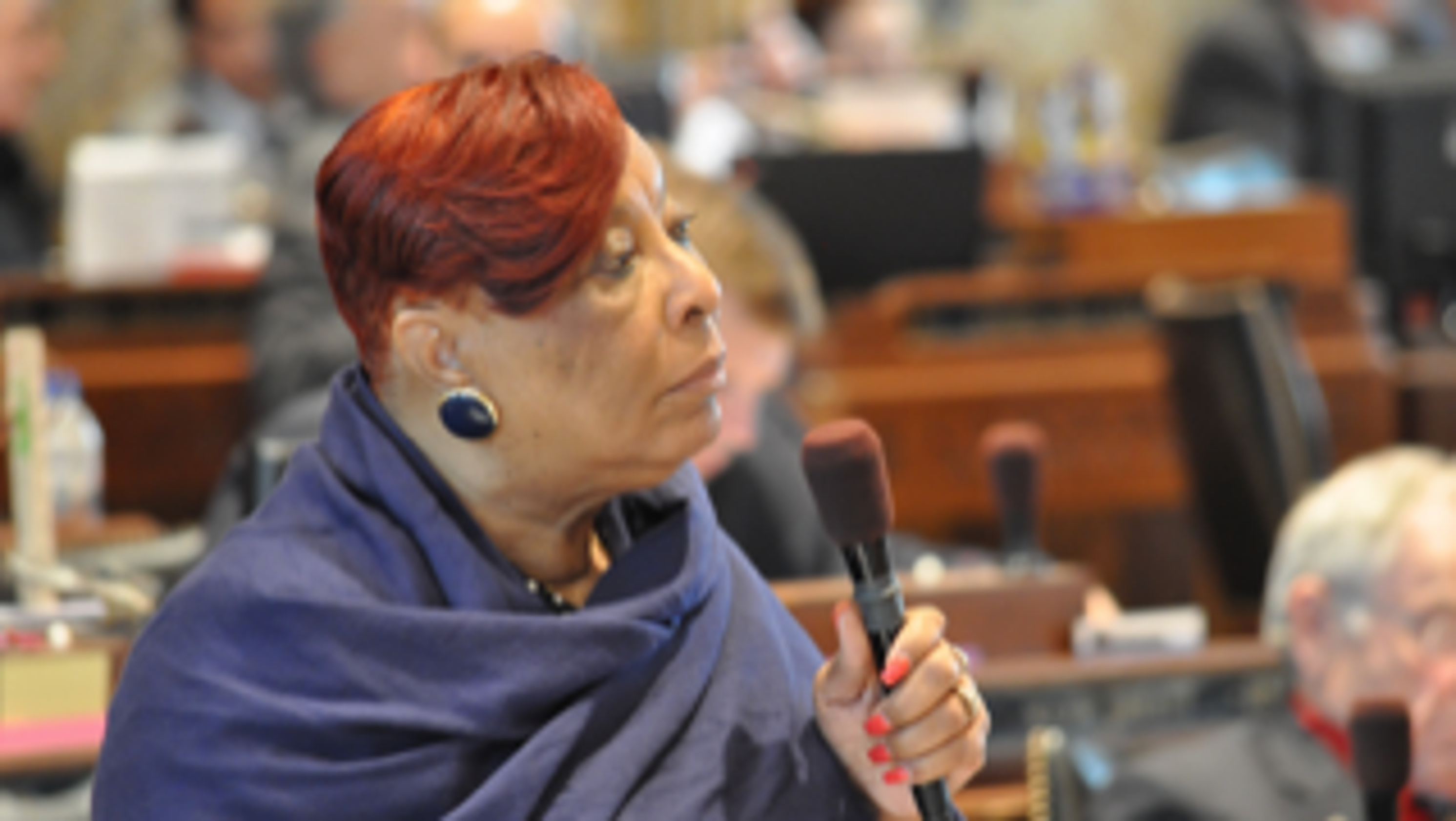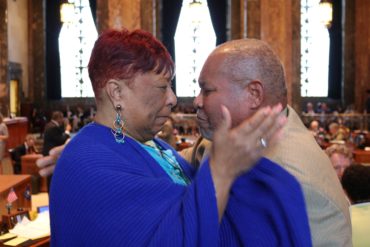An Eye for An Eye
Historically, society has always assumed once a person makes a mistake like committing a crime that they don’t deserve second chances. In the modern American society, this can be applied to all aspects of the prison complex including the disenfranchisement of formerly incarcerated people who’ve committed felonies.
The disenfranchisement of formerly incarcerated people may seem just to the naked eye, after all they committed a crime, so they deserve to be punished for it. But voting has constantly been emphasized as a human right and even a responsibility in the United States. So if we are depriving formerly incarcerated people of the right to vote, are we not insinuating they don’t count as citizens or even humans?
On the latter hand, the argument can be made that those who’ve committed serious crimes like murder and rape shouldn’t have the right to influence our elections as they would vote for those lenient on crime.
All of these arguments come into play with the recent passing of House Bill 256 in Louisiana. House Bill 256 restores voting rights to formerly incarcerated people.
The bill was sponsored by Rep.Patricia Smith (D-Baton Rouge). The bill passed in a close vote of 54-42.

According to In Justice Today , Louisiana has the highest rates of incarceration in the country and the second highest exoneration rate per capita. Most of these exoneration cases can be contributed to police or prosecutor misconduct.
The New Orleans Times- Picayune reported that of the 70,000 formerly incarcerated people who served time in Louisiana prisons and are currently on parole, between 2,000 and 3,000 would be impacted by the new legislation.
Despite the success, Smith said many of her colleagues received votes asking for them to vote against the bill by various district attorneys.
Smith was joined on the floor during the vote by formerly incarcerated Checo Yancy, director of Voters Organized to Educate. According to The Root, Yancy spent 20 years of a life sentence at the Louisiana State Penitentiary at Angola before his sentence was commuted by Gov. Edwin W. Edwards in 2003.

The bill passed with bipartisan support from both outside of the Louisiana House and inside of the Louisiana House. According to The Root, outside support included New Orleans Saints Players Demario Davis and Ben Watson. This bill sets a precedent for criminal justice reform in the United States.